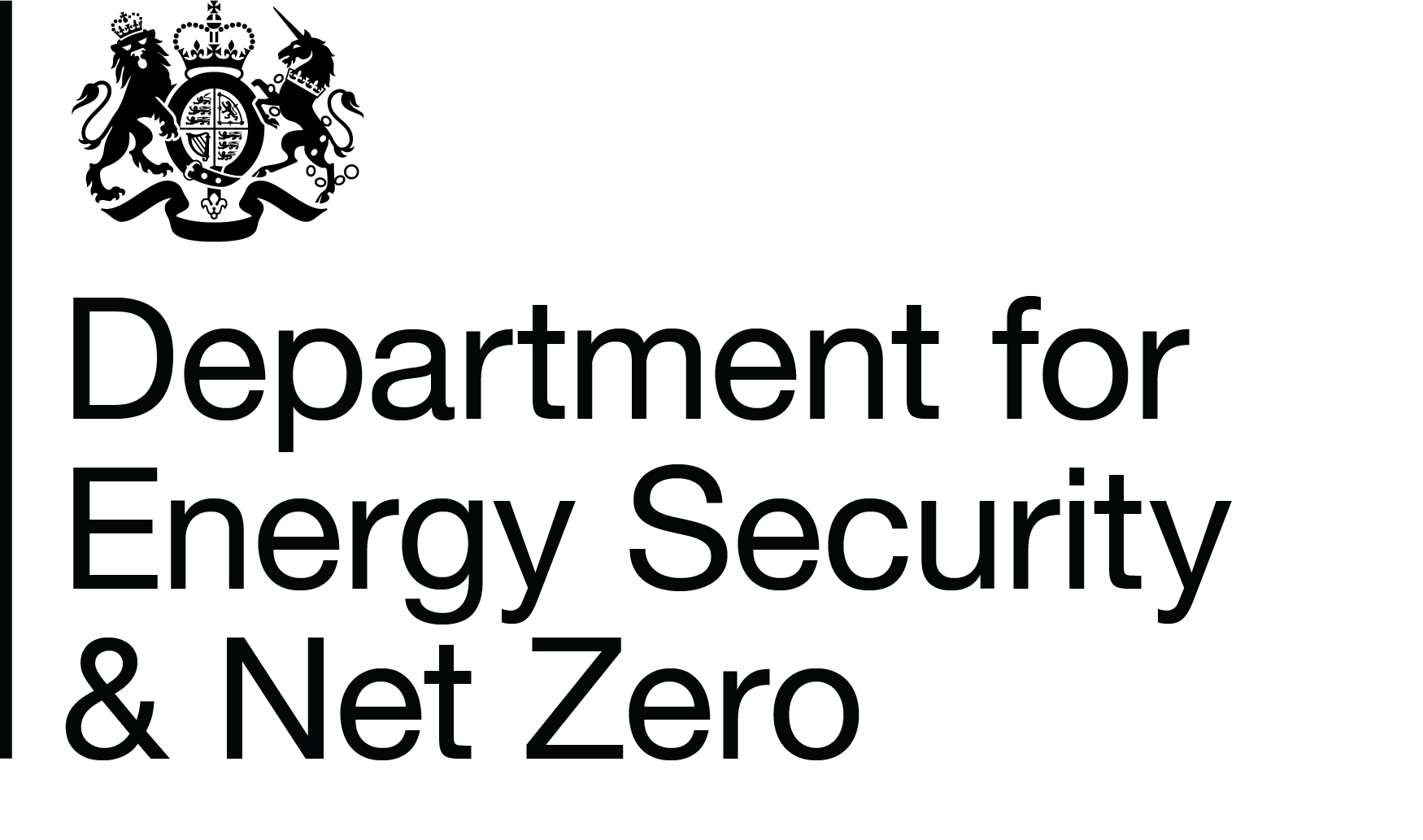Planning for new energy infrastructure: 2025 revisions to National Policy Statements
Overview
The energy NPSs are designated under the Planning Act 2008 to provide guidance for decision-makers on the application of government policy when determining applications for development in relation to NSIPs. The current suite of energy National Policy Statements (NPSs) were updated by the Department for Energy Security and Net Zero (DESNZ) in January 2024.
In July 2024 the government launched a review of the energy NPSs to ensure they reflected government’s energy priorities as set out in the Clean Power mission.
The government’s Clean Power 2030 Action Plan sets out the pathway to a clean power system by 2030 and was published in December 2024, as was its response to a consultation on proposed reforms to the National Planning Policy Framework and other changes to the planning system. These documents establish pathways to ensuring by 2030 clean sources produce at least 95% of Great Britain’s energy generation, including through the re-introduction of onshore wind into the Nationally Significant Infrastructure Projects (NSIP) regime.
Following review of energy NPSs EN-1 to EN-5, government has drafted updates to EN-1 (overarching energy NPS), EN-3 (renewable energy infrastructure) and EN-5 (electricity networks). Some material updates have been made to these three draft energy NPSs which require consultation. This consultation is targeted to those material changes in policy.
Other minor changes have been made to enhance clarity of the guidance; these are non-material changes which do not pertain to changes in policy.
We have published the Consultation Document and Appraisal of Sustainability non-technical summary in Welsh language. We are happy to receive responses related to these documents via email to energyNPS@energysecurity.gov.uk until 23 June 2025.
Why your views matter
Your views are important. The government wants to hear from members of the public, industry, non-governmental organisations and any other organisation or public body, and will consider all responses before publishing amended NPSs.
What happens next
The government will consider responses it receives, before issuing a formal response and revised draft energy NPSs as necessary. Government will then proceed to laying the documents in parliament for approval.
Once formally approved (“amended”) these energy NPSs would then be the primary consideration for the Secretary of State and Planning Inspectorate when it makes decisions on applications for development consent for nationally significant energy infrastructure projects.
Audiences
- Black and ethnic minority groups
- Business journalists
- Central government
- Charities
- Charities and Third Sector organisations
- Charity or social enterprise
- Civil Society Organisations
- Coal
- Construction
- Consumer law specialists
- Consumer organisations
- Consumers
- Consumers
- Disability groups
- Energy assesor
- Finance
- General public
- Individual
- Installer
- Investment
- Landlord
- Large businesses (over 250 staff)
- Legal representative
- LGBT groups
- Local government
- Low carbon technologies
- Manufacturing
- Medium business (50 to 250 staff)
- Micro business (up to 9 staff)
- Multinational businesses
- Non-departmental public bodies
- Non-Government Organisations
- Nuclear
- Oil and Gas
- Older people
- Parents
- Property
- Regulator
- Retail
- Small business (10 to 49 staff)
- SMEs (small and medium businesses)
- Students
- Technology (R&D)
- The Devolved Administrations
- Trade bodies
- Wave and tidal
- Wind
- Younger people
Interests
- Business investment
- Carbon budgets
- Carbon capture and storage
- Carbon markets
- Carbon neutrality
- Carbon offsetting
- Climate change
- Coal
- Distributed energy and heat
- Electricity
- Emissions
- Energy and climate change
- Energy and climate change
- Energy efficiency
- Fuel poverty
- Housing
- International
- Nuclear
- Nuclear
- Oil and gas
- Renewable energy
- Renewable energy
- Saving energy
- Security and resilience

Share
Share on Twitter Share on Facebook